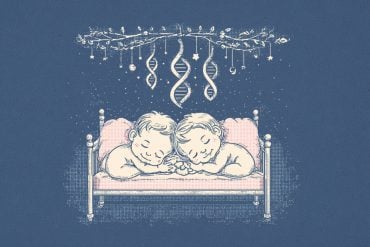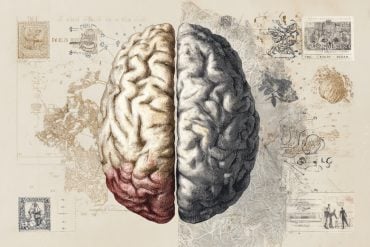Summary: Findings provide a better understanding of how natural genetic variations impact brain development and give rise to the spectrum of autism-associated behaviors.
Source: SfN
Research in humans and animal models points to potential biological and genetic mechanisms contributing to the diversity of behaviors seen in autism.
The findings were presented at Neuroscience 2022, the annual meeting of the Society for Neuroscience and the world’s largest source of emerging news about brain science and health.
Autism, also referred to as autism spectrum disorder, constitutes a diverse group of conditions related to brain development. According to the Centers for Disease Control and Prevention, approximately 1 in 44 children in the U.S. is diagnosed with an autism spectrum disorder, with the diagnosis being four times more common in boys than girls.
New research is offering better understanding of how natural genetic variation impacts brain development and gives rise to the spectrum of behaviors associated with autism and may contribute to more individualized approaches for supporting people with autism.
Today’s new findings show that:
- A group of genes that have altered activity in autism are also regulated differently in developing male and female brains, potentially contributing to sex differences in autism symptoms and diagnosis. (Donna Werling, University of Wisconsin-Madison)
- Analyses focused on behavioral and genomic differences between sibling pairs reveal genetic locations that could prove relevant to autism-related social difficulties. (Nathaniel Stockham, Stanford University)
- In humans with autism and mouse models of autism, brain imaging reveals two dominant subtypes characterized by altered communication between brain regions. (Marco Pagani, Istituto Italiano Di Tecnologia)

“Studies like those presented today confirm that autism is driven by sources of genetic variation that naturally exist in the human population,” says Nicola Grissom, an assistant professor of psychology at the University of Minnesota who studies individual and sex differences in motivated behavior and executive function in mouse models.
“A better understanding of the genetic components of autism, and appreciation of the neurodiversity occurring naturally among people, may help combat the stigma that still exists around autism.”
About this genetics and autism research news
Author: Press Office
Source: SfN
Contact: Press Office – SfN
Image: The image is in the public domain
Original Research: The findings will appear in Neuroscience 2022






